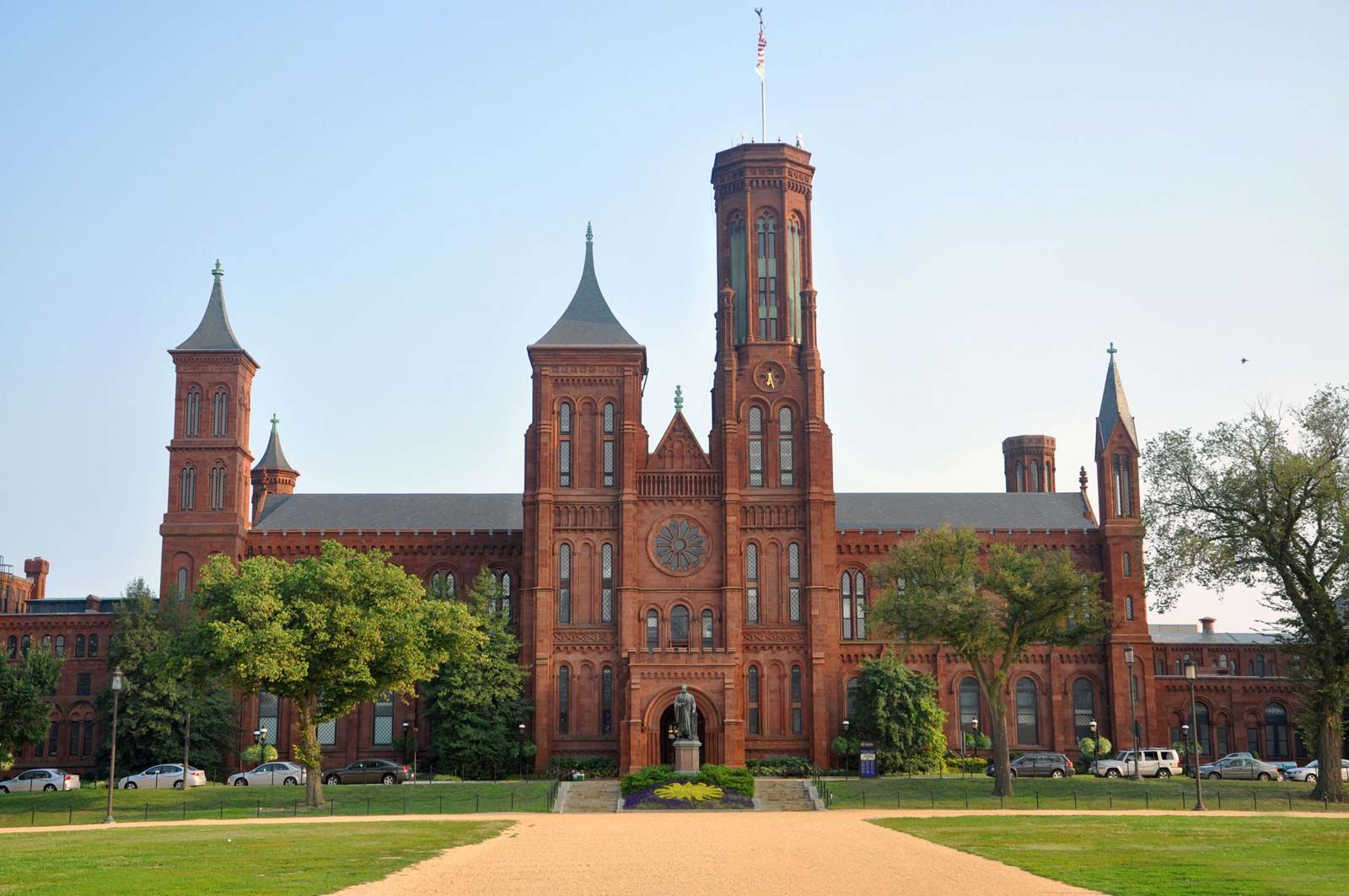
Ever wondered what makes institutions tick? Institutions shape our lives in countless ways, from education to governance. They create order, provide services, and uphold societal norms. But how much do you really know about them? Institutions are more than just buildings or organizations; they are the backbone of society. They influence our daily routines, our opportunities, and even our beliefs. Understanding their inner workings can give you a new perspective on the world around you. Whether it's a school, a hospital, or a government agency, each has its own unique set of rules, history, and impact. Ready to dive into some intriguing facts about these vital entities? Let's get started!
The Origins of Institutions
Institutions play a crucial role in shaping societies and cultures. They provide structure and order, influencing various aspects of life. Here are some intriguing facts about the origins of institutions.
- The word "institution" comes from the Latin word "institutio," meaning arrangement or instruction.
- Ancient Egypt had one of the earliest known institutions, the temple schools, which educated young scribes.
- The first universities were established in the Middle Ages, with the University of Bologna founded in 1088.
- Religious institutions like churches, mosques, and temples have been central to communities for centuries.
- The concept of hospitals as institutions for medical care dates back to ancient Greece and Rome.
Educational Institutions
Education is a fundamental aspect of human development. Educational institutions have evolved significantly over time, impacting millions of lives.
- Harvard University, founded in 1636, is the oldest institution of higher education in the United States.
- The first public school in America, Boston Latin School, was established in 1635.
- Montessori schools, based on the educational philosophy of Maria Montessori, focus on child-led learning.
- Finland's education system is renowned for its innovative approach and high student performance.
- The International Baccalaureate (IB) program offers a globally recognized curriculum for students.
Financial Institutions
Financial institutions are essential for economic stability and growth. They manage money, investments, and provide financial services to individuals and businesses.
- The Bank of England, established in 1694, is one of the oldest central banks in the world.
- The first modern stock exchange was the Amsterdam Stock Exchange, founded in 1602.
- Credit unions are member-owned financial cooperatives that offer banking services.
- Microfinance institutions provide financial services to low-income individuals or those without access to typical banking.
- The World Bank, founded in 1944, aims to reduce poverty by providing loans to developing countries.
Legal and Political Institutions
Legal and political institutions maintain order and enforce laws within societies. They shape governance and influence the rights and responsibilities of citizens.
- The Magna Carta, signed in 1215, is considered a foundational document for modern legal systems.
- The United Nations, established in 1945, promotes international cooperation and peace.
- The U.S. Supreme Court, established in 1789, is the highest court in the United States.
- The European Union (EU) is a political and economic union of 27 member states.
- The International Criminal Court (ICC), established in 2002, prosecutes individuals for crimes against humanity.
Cultural and Social Institutions
Cultural and social institutions preserve traditions, promote social norms, and foster community engagement. They play a vital role in shaping identities and values.
- Museums, like the Louvre in Paris, preserve and display art and historical artifacts.
- Libraries, such as the Library of Congress, provide access to vast collections of books and resources.
- The Olympic Games, revived in 1896, promote international sportsmanship and unity.
- The Red Cross, founded in 1863, provides humanitarian aid and disaster relief worldwide.
- The Boy Scouts, established in 1908, aim to develop character and leadership skills in young people.
- The United Nations Educational, Scientific and Cultural Organization (UNESCO) promotes global peace through education, science, and culture.
Final Thoughts on Institutions
Understanding institutions helps us grasp how societies function. From schools shaping young minds to governments maintaining order, these structures are vital. They provide stability, enforce laws, and offer services that improve our lives. Institutions also evolve, adapting to societal changes and technological advancements. They reflect our values and priorities, influencing everything from education to healthcare.
By recognizing the role of institutions, we can better appreciate their impact on our daily lives. Whether it's the legal system ensuring justice or financial institutions managing our economy, these entities are the backbone of society. Staying informed about how they operate empowers us to engage more effectively with them.
So, next time you interact with an institution, remember its significance. These facts highlight just a fraction of their complexity and importance. Keep exploring and stay curious about the world around you.
Was this page helpful?
Our commitment to delivering trustworthy and engaging content is at the heart of what we do. Each fact on our site is contributed by real users like you, bringing a wealth of diverse insights and information. To ensure the highest standards of accuracy and reliability, our dedicated editors meticulously review each submission. This process guarantees that the facts we share are not only fascinating but also credible. Trust in our commitment to quality and authenticity as you explore and learn with us.
